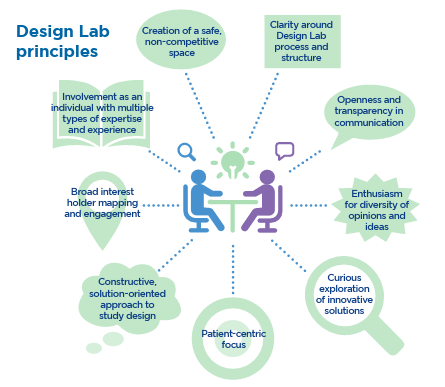BOSTON (March 27, 2012) – Tufts CTSI Dean Harry P. Selker, MD, MSPH, today presented impressive findings from his IMMEDIATE Trial study at the annual meeting of the American College of Cardiology. The announcement received worldwide attention in the media, from the US to Pakistan, to New Zealand.
Published in the Journal of the American Medical Association, the study’s results showed that paramedics can reduce someone’s chances of having a cardiac arrest or dying by 50 percent by immediately administering a mixture of glucose, insulin and potassium (“GIK”) to people having a heart attack. Tufts CTSI’s Clinical and Translational Research Center (CTRC) Core Laboratory conducted several laboratory tests for the trial, including those measuring each participant’s insulin and B-type natriuretic peptide (BNP).
IMMEDIATE was funded by an NIH cooperative agreement from the National Heart, Lung, and Blood Institute and the laboratory testing was supported by the National Center for Research Resources, through Grant Number UL1 RR025752, now at the National Center for Advancing Translational Sciences, National Institutes of Health (NIH).
Dr. Selker and his team trained paramedics in 36 Emergency Medical Services systems in 13 cities across the country to administer GIK after determining that a patient was likely having a threatened or already established heart attack using electrocardiograph-based ACI-TIPI (acute cardiac ischemia time-insensitive predictive instrument) and thrombolytic predictive instrument decision support that prints patient-specific predictions on the top of an electrocardiogram. The paramedics used these predictions to decide if a patient would likely benefit from treatment. There were 911 patients randomized to receive either the GIK treatment or a placebo.
“We are very pleased that the CTRC Core Lab could provide assistance with this very important trial,” said Melahat Samali, Manager of the CTRC. “It has the potential to change medical practice and save lives.”
Selected media coverage:
- US News & World Report
- Fox News
- PakTribune
- Huffington Post
- Cardiology Today
####



